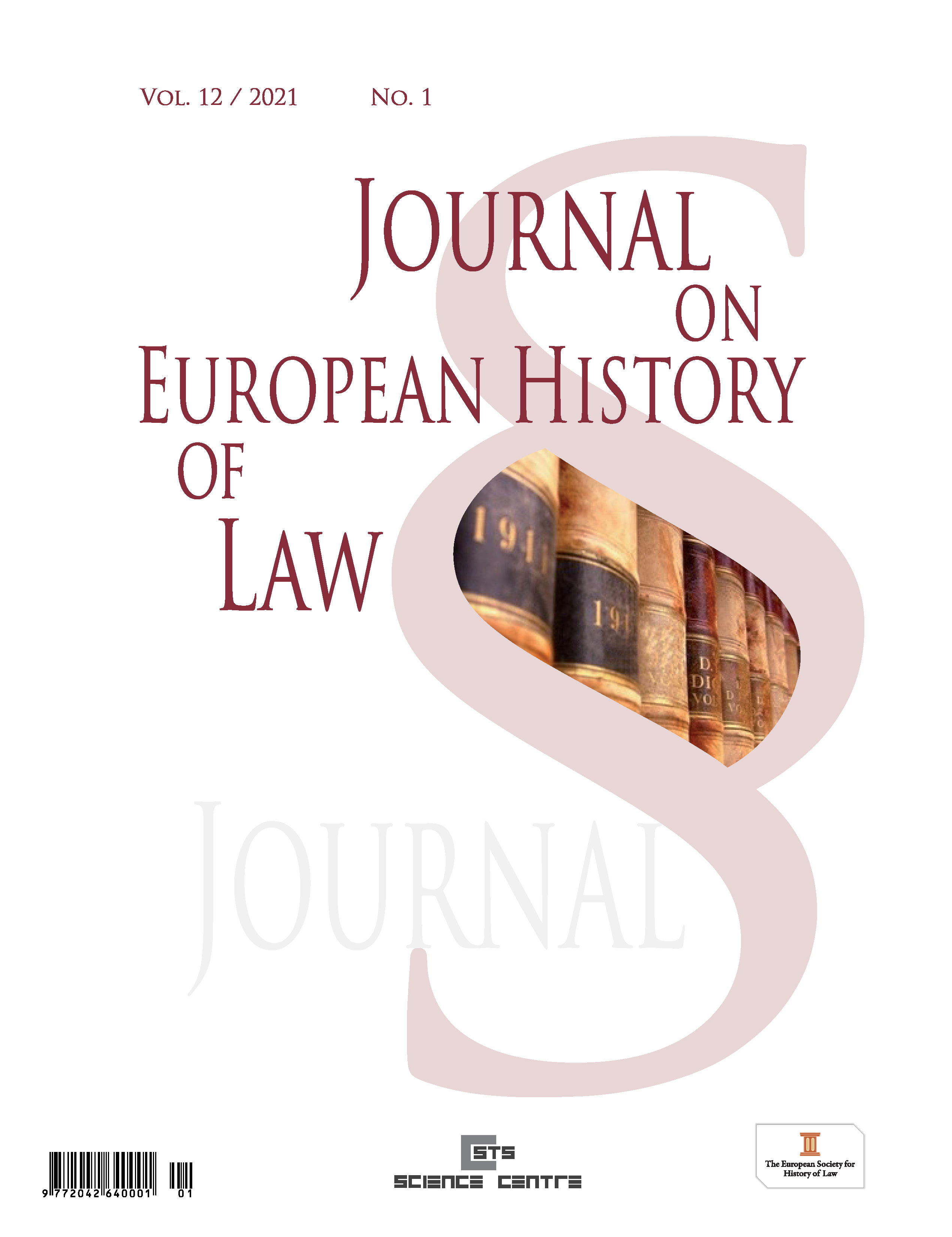Conception of Law in Works of Earlier Founders of Modern Social Thought
Conception of Law in Works of Earlier Founders of Modern Social Thought
Author(s): Jiří BílýSubject(s): History, Law, Constitution, Jurisprudence
Published by: Evropská společnost pro právní dějiny, z.s.
Keywords: sociology; society; law; science; jurisprudence; government; freedom; ideology.
Summary/Abstract: This article presents a theoretically driven and research oriented vision of law on the basis of a discussion of the major accomplishments in this sociological and philosophical specialty since its initial formu¬lation by the classics and its further development in the era of early modern science. Law constitutes one of the basic regulative mechanisms of social behavior of individuals, social groups and the whole society. It is, however, not only a normative feature, but also a social one. Legal theory approaches law as a branch of social life, it studies the relationship between law and society, analyses law in its social facticity, its real effect on social relations. A model of law is offered that is driven by the central theoretical questions of the social discipline as they have been addressed since the classic contributions in the works of Max Weber, Emile Durkheim, Eugen Ehrlich etc. Nevertheless, sociological issues connected with law were dealt with by many more sociologists and legal theoreticians, such as Herbert Spencer, William Graham Sumner, Georg Simmel and Ferdinand Tönnies. This discussion thereby also addresses a variety of selected empirical themes that have been fruitfully addressed in early modern research on law and that have contributed to our understanding of the place and role of law in society.
Journal: Journal on European History of Law
- Issue Year: 12/2021
- Issue No: 1
- Page Range: 178-184
- Page Count: 6
- Language: English

